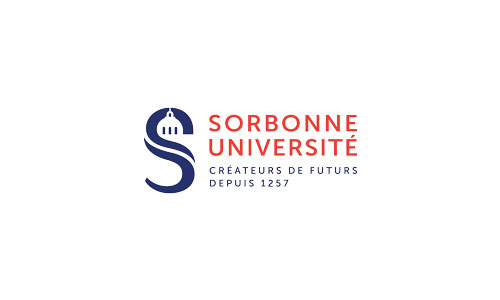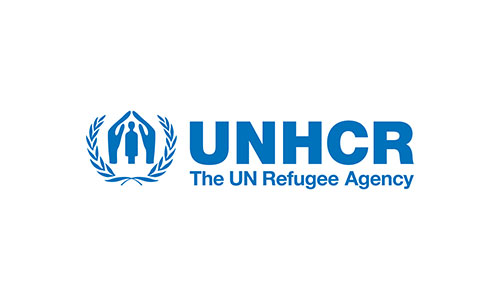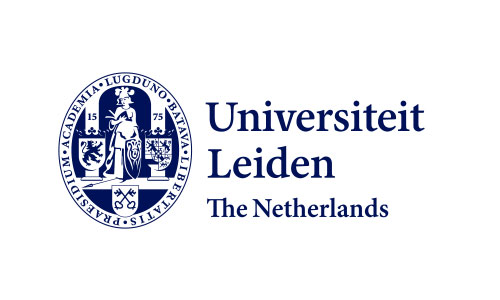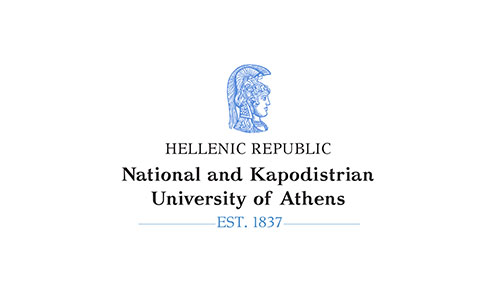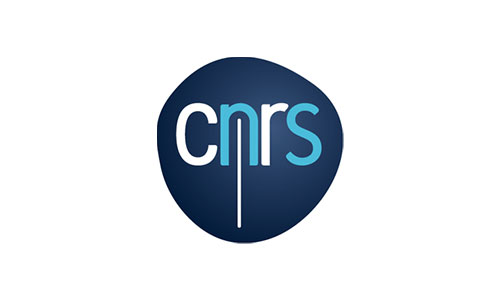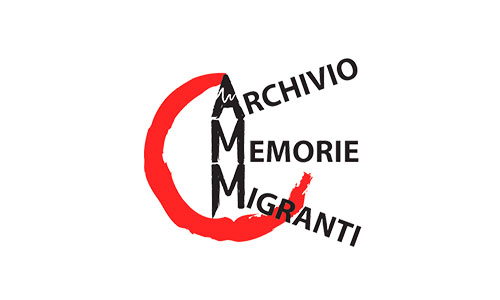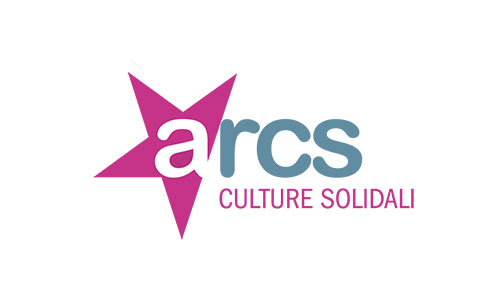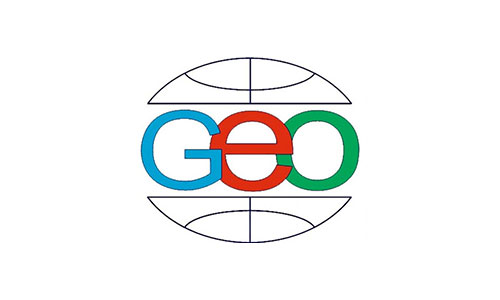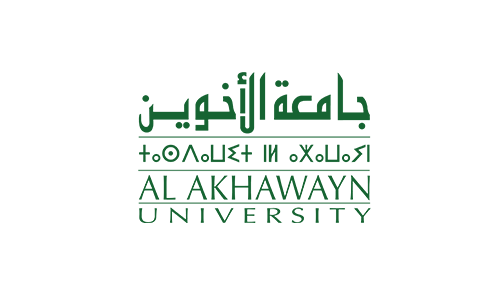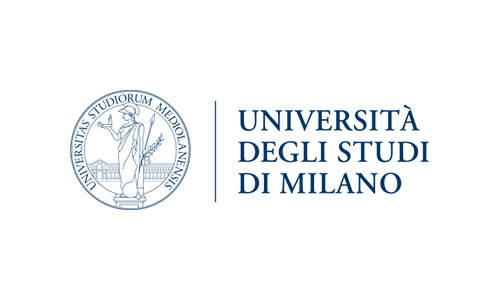How research – and, more specifically, how the archival and qualitative research carried out by ITHACA – can and should dialogue with policy makers and effectively inform policies and better practices?
This question was asked to more than 150 stakeholders during 20 policy councils held in Italy (Modena, Milan and Rome), Greece (Athens), The Netherlands (Leiden), Azerbaijan (Ahan village and Baku), Jordan (Amman), Tunisia (Tunis and Tataouine) and Morocco (Rabat). Once collected, the results have been discussed in an international session hosted by the Al Akhawayn University in Ifrane (Morocco).
During the policy councils, both obstacles and opportunities of basing migration policies on research results were debated; each meeting ended with the co-production of recommendation for policy makers, researchers, migrants, practitioners and communicators.
Many obstacles have been raised along the meetings, but no fewer opportunities to overcome them.
Against the scarce willingness or interest of policy makers, depending on their political orientation, in taking the risks of having to discuss their power logic, qualitative research can prove helpful: for the wealth of information and perspective collected, it can suggest innovative and better solutions and help raising awareness on the conditions of migrants.
Against the fact that the public administration is a complex machine and often lacks an inclusive institutional framework that connects the different voices (research and academy with policy makers and practitioners, local interested/affected parties, migrant communities), qualitative research can deepen stories and motivations at the base of leaving or returning. For example, NGOs stakeholders in Tunisia explained that the cause of the recent migratory wave from their country, using an alternative entry route to Europe, was caused by a vast ‘defeat’ of young people’s aspirations and hopes for a better life.
It is therefore of key importance to improve policies and strategies to give space to the self-representation of migrants. Within this framework, research can be a tool to give their voice back to migrants.
One of the activists in the field of labor, who took part of the Milan Policy Council Event, claimed that decision-makers should first understand people’s skills, in order to direct them towards what they know/want to do. The tools of qualitative research are therefore needed.
Against the fact that rhythms of policies and of research differ and make the dialogue difficult, many stakeholders that knowing individual histories in the field of migration makes it possible to build policies based on the complexity of the phenomena themselves and not, as often happens, on the emergency.
A new dialogue between researchers and policy-makers is possible, starting from organizing, financing and maintaining spaces for exchange. To base a dialogue on sporadic events of knowledge transfer and exchange doesn’t fulfil the necessity to connect migration policies to the reality on the ground: “We need meetings like this to learn, exchange, keep updated about what happens in the field, not just of research and policies, but also to connect theories to the daily experiences of officers and migrants”, affirmed a practitioner in the reception field in Rome.
A Policy Brief detailing the findings will be available in October 2023 on the ITHACA website.





